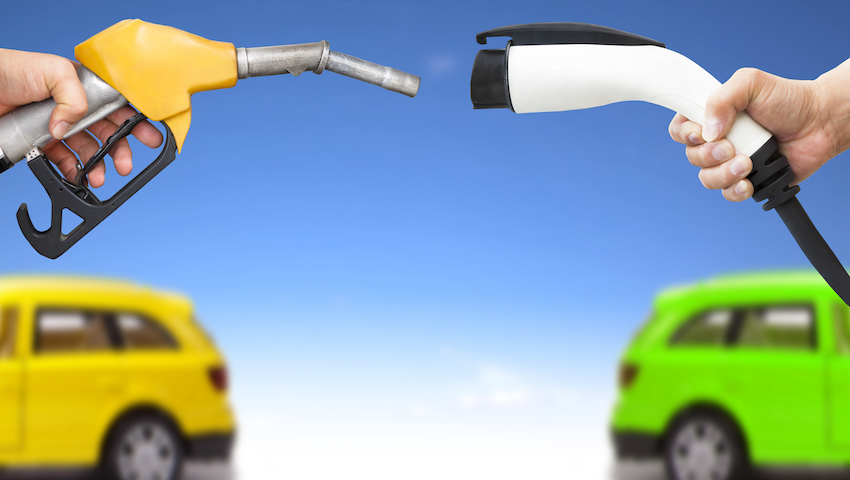
“Support needed for Government to reach ICE vehicle phase out”
Sue Robinson, chief executive of the National Franchised Dealers Association (NFDA), discusses the Government’s 2030 target.
The Government’s ambition to phase out Internal Combustion Engines (ICE) by 2030 is a bold statement of intent as the UK seeks to decarbonise by 2050. The private sector is investing heavily in innovation of every kind, including vehicle manufacturing and electric charging infrastructure, but more needs to be done.
The UK EV market is growing rapidly, both in terms of sales of new electric vehicles and electric charging infrastructure. The Society of Motor Manufacturers and Traders forecast we will need a massive expansion in charging infrastructure to meet the needs of EVs by 2030, which they forecast will cost £17.6 billion. This is a huge investment and demonstrates the scale of change that is needed.
Road transport accounts for 30% of total energy consumed in the UK in 2020, and 23% of our greenhouse gases. For road transport, cars consume the most energy (58%) and emit the most greenhouse gases – so are a vital component of the energy transition.
So why is more support needed?
Franchised dealers are working hard to overcome the well-known concerns of consumers from range anxiety, which is being replaced by ‘charge confidence’, to a lack of understanding in what they are buying. The Electric Vehicle Approved (EVA) scheme is helping consumers to recognise that they are dealing with an expert in the electric vehicle sector when they buy a car. The EVA badge of approval enables consumers to immediately identify the businesses at the forefront of electric vehicle retail. EVA is also endorsed by the Government’s Office for Zero-Emission Vehicles and Energy Saving Trust. A scheme like EVA is helpful for the consumer but more is needed to address the fundamental issue of charging infrastructure.
The reality of EVs and the road to 2030 is that the Government is on the journey with the whole motor industry. With the reductions in Plug-in Car Grants, the Government made clear that the carrot approach is likely to slowly be removed. Does this mean they will start using the stick to discourage the purchase of ICE? Will fuel duties continue to increase at an even higher rate? What the Government needs to focus on is providing reliable charging infrastructure around the UK allowing consumers to purchase without concern.
Franchised dealers have all the tools to educate consumers, sell new and used vehicles and service electric cars but without addressing the fundamental issue of charging infrastructure, consumers will continue to be wary of committing to a new electric vehicle. At NFDA, we want to work with the Government to help them understand the needs of consumers and enable the transition to EVs, enabling the UK to hit its ambitious climate change targets.